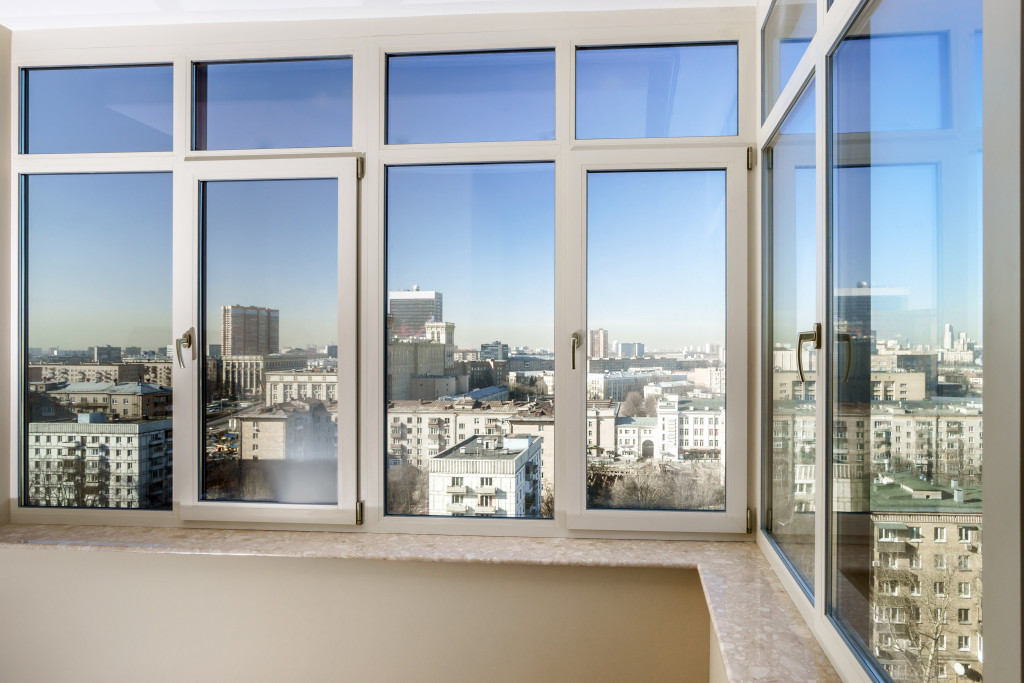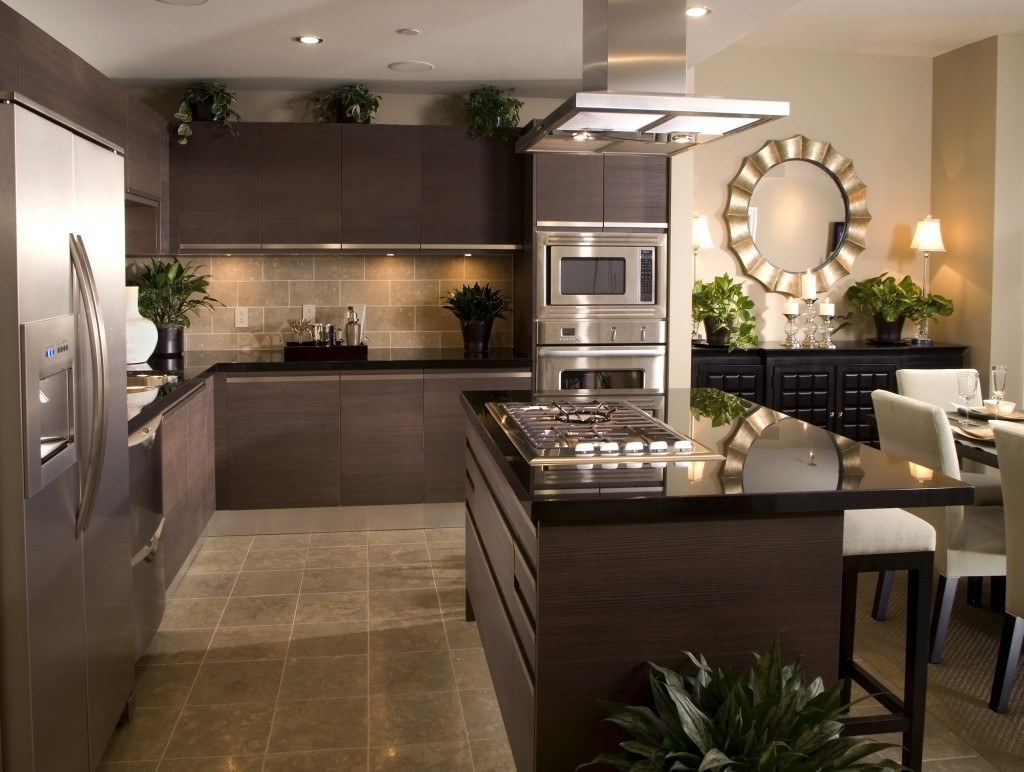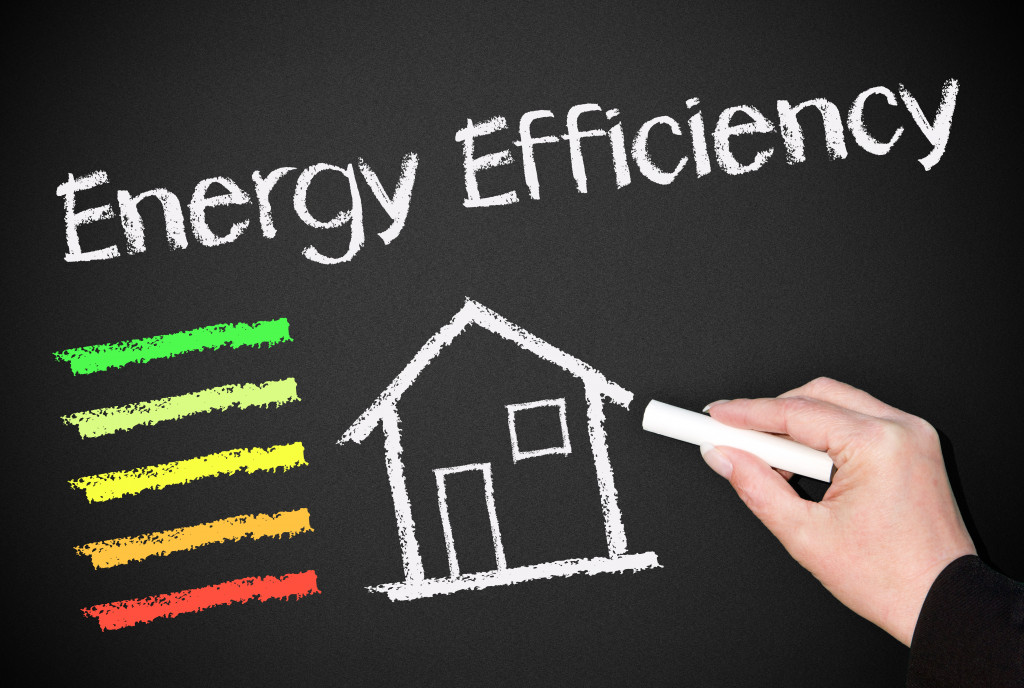- Insulate your home, seal air leaks, and upgrade to energy-efficient windows for improved insulation.
- Upgrade to energy-efficient lighting like LED bulbs and install motion sensors or timers.
- Replace older appliances with ENERGY STAR models for greater efficiency.
- Consider a high-efficiency heating system to reduce energy bills further and improve comfort.
- Consult with a professional before making significant changes to your home’s systems.
As energy costs continue to rise, making your home more energy-efficient is becoming more important. Renovating your home to be more energy-efficient reduces your carbon footprint and can save you money in the long run. This guide will provide five renovation tips to make your home more energy-efficient.
1. Insulate Your Home
Insulating your home is one of the easiest ways to make it more energy-efficient. Insulation can help to keep your home warm in the winter and cool in the summer, reducing your need for heating and cooling. When insulating your home, focus on the attic, walls, and floors. You can use materials like fiberglass, cellulose, or spray foam insulation.
Additionally, sealing air leaks can further improve your home’s energy efficiency. Common areas of air leakage include doors, windows, and ductwork. You can use weatherstripping and caulking to seal these gaps.
2. Upgrade to Energy-Efficient Windows

Upgrading to energy-efficient windows can help improve your home’s insulation and reduce energy bills. Energy-efficient windows are designed to keep heat inside during the winter and outside during the summer. They can also help to reduce noise and improve the overall comfort of your home.
There are different types of energy-efficient windows, including double-pane and triple-pane windows. These windows have two or three glass panes, which help reduce heat loss and increase energy efficiency. Low-E (low-emissivity) coatings can be added to the glass to improve energy efficiency further.
Here are the benefits of having energy-efficient windows:
Lower Energy Bills
Having energy-efficient windows can mean lower energy bills. By reducing heat transfer, you can keep your home warmer in the winter and cooler in the summer without using as much energy. This helps you save money on your monthly utility bills.
Improved Comfort Levels
With improved insulation, you can maintain a consistent temperature throughout your home. This helps with overall comfort levels and reduces drafts from entering your home through the windows.
Reduced Noise Pollution
In addition to insulating against heat transfer, energy-efficient windows can also help reduce noise pollution from outside sources like traffic or nearby construction sites. The additional panes of glass act as a sound barrier to help keep your home quiet and peaceful.
Increased Home Value
Energy-efficient windows are a great way to save money and add value to your home. The increased insulation these windows provide helps make the home more desirable and can increase the property’s resale value. Investing in energy-efficient windows is an investment that pays dividends both now and in the future.
3. Install Energy-Efficient Lighting
Another easy way to make your home more energy-efficient is by replacing your old light bulbs with energy-efficient options. LED (light-emitting diode) bulbs use significantly less energy than traditional incandescent bulbs and last much longer. This means you’ll save money on your energy bills and spend less money on replacing light bulbs.
You can also install motion sensors or timers to control your lighting. These devices can automatically turn lights on and off, helping you save energy and money.
4. Upgrade Your Appliances

Older appliances can be significant energy hogs, and upgrading to more energy-efficient models can help to reduce your energy bills. Search for appliances that have the ENERGY STAR label. This means they comply with the energy efficiency standards established by the U.S. Environmental Protection Agency.
When upgrading your appliances, consider your heating system as well. A high-efficiency furnace or boiler can significantly reduce your energy bills and improve the overall comfort of your home.
5. Install a High-Efficiency Heating System
Installing a high-efficiency heating system is one of the most important ways to make your home more energy-efficient. With a new high-efficiency system, you can save money on your energy bills, reduce your carbon footprint, and enjoy improved comfort levels.
When researching high-efficiency systems, look for models from trusted manufacturers like hollowell-heating.co.uk. Their top-of-the-line systems are designed to be reliable and efficient, helping you save money on your bills while keeping your home comfortable.
Final Words
making your home more energy-efficient is a wise investment that can save you money and help to protect the environment. Following the tips outlined in this article can improve your home’s energy efficiency and reduce your carbon footprint. Remember to consult a professional before making significant changes to your home’s systems.
